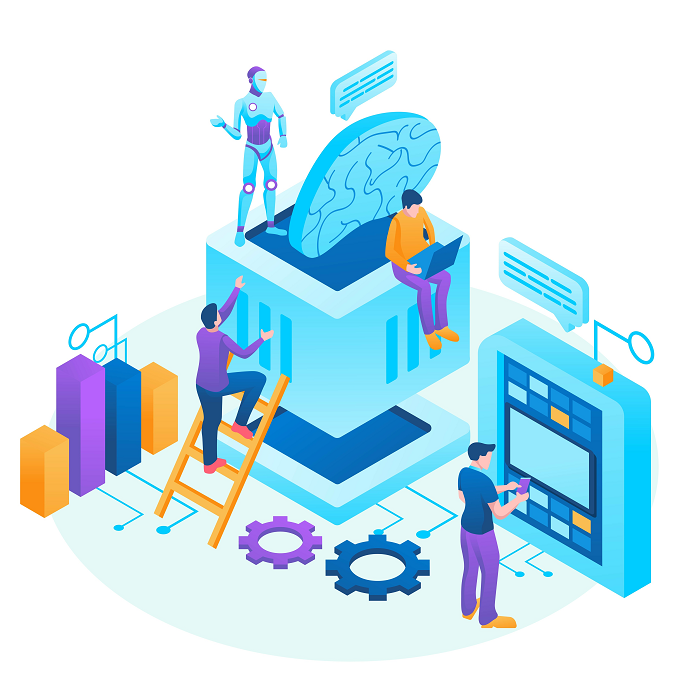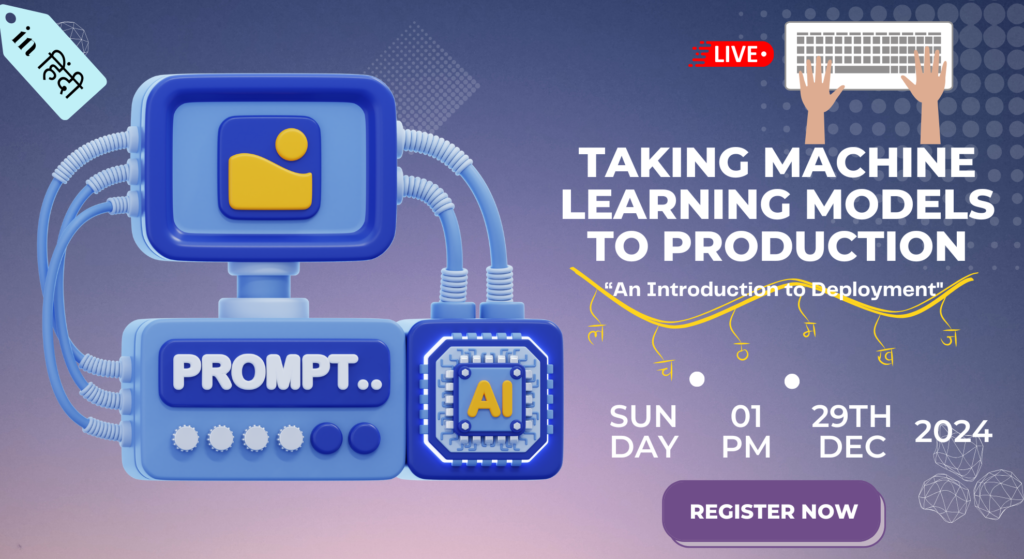Before jumping into the field of data science, it’s important to understand the following key concepts and skills:
- Programming: Data scientists use programming languages such as Python and R to manipulate, analyze and visualize data. It’s important to have a solid understanding of programming concepts such as loops, functions, and data structures.
- Statistics: Data science is a field that heavily relies on statistics, from probability and distribution to hypothesis testing and Bayesian methods. It is important to have a solid understanding of statistics in order to be able to model data and make predictions.
- Data Wrangling: Data wrangling is the process of cleaning, transforming, and manipulating data in order to make it ready for analysis. This is a crucial skill for data scientists, as the majority of their time is spent on data preparation.
- Data Visualization: Data visualization is the process of representing data in a graphical or pictorial format. Data scientists use data visualization to identify patterns, trends, and outliers in data. Tools such as Matplotlib, Seaborn and Tableau are commonly used in data visualization.
- Machine Learning: Machine learning is a subset of artificial intelligence that allows systems to learn from data without being explicitly programmed. Data scientists use machine learning algorithms to make predictions and identify patterns in data. It’s important to have a solid understanding of supervised and unsupervised learning, as well as common algorithms such as linear regression and k-means.
- Database and SQL : Data is usually stored in databases, and it’s important for data scientists to be able to extract and manipulate data using SQL. Understanding how to work with databases, and how to use SQL to query and manipulate data will be very helpful for data scientist to extract the data they need for their analysis.
- Communication and Presentation Skills: Data scientists need to be able to communicate their findings effectively to both technical and non-technical audiences. This includes the ability to create clear and informative visualizations, as well as the ability to effectively communicate complex concepts in simple terms.
It is also important to note that in addition to mastering the technical skills, data science also requires problem-solving, critical thinking and creativity. These skills are essential in order to be able to identify the right questions to ask of the data, and to be able to come up with effective solutions to problems.
Real World Scenario
For example, A data scientist at a retail company may use programming and statistics to analyze sales data to identify trends, such as which products are most popular at different times of the year. They may use data visualization to create charts and graphs to help management understand the findings, and machine learning to build a model that predicts future sales. They may also use SQL to extract data from the company’s database and data wrangling techniques to clean and prepare the data for analysis.
Problem-Solving
In addition to technical skills, the data scientist would also need to have strong problem-solving skills to identify the key questions to ask of the data, and effective communication skills to present their findings to management in a clear and actionable way.
Big Data
Another key aspect of data science is the ability to work with big data. Data sets can be extremely large, and it’s important for data scientists to have experience working with distributed systems, such as Hadoop and Spark, to be able to handle large data sets.
Cloud Computing
Another important skill is being able to work with cloud-based platforms such as AWS, Azure, or GCP to store, process and analyze data at scale. These platforms provide a wide range of tools and services that data scientists can use to create and run data pipelines, train machine learning models, and deploy models in production.
Git and Github
Data scientists also need to be familiar with version control systems, such as Git, in order to effectively collaborate with other team members and to keep track of changes to the code and data.
Another important consideration for data scientists is being aware of the ethical implications of their work. With the increasing amount of personal data being collected and analyzed, it’s important for data scientists to be aware of the potential impact of their work on individuals and society, and to be familiar with concepts such as data privacy and bias.
Latest tools and Techniques
Additionally, it’s also important for data scientists to stay current with the latest tools, techniques, and trends in the field. The field of data science is rapidly evolving, and new technologies and techniques are constantly emerging. Staying current with the latest developments in the field can help data scientists to be more productive, improve the quality of their work, and increase their value to their employer.
Hands-on with Structured and Unstructured Data
Another important skill for data scientists is the ability to work with structured and unstructured data. Data can come in many different forms, such as spreadsheets, databases, text files, images, and videos. Data scientists need to be able to work with different types of data, and know how to extract insights from them.
Building Data Pipelines
A good data scientist should be able to develop and use data pipelines, which is the process of getting data from various sources, cleaning it, structuring it, and storing it in a way that makes it easy to analyze. This process often requires data engineering skills such as data pipeline development, data warehousing, and data quality assurance.
Communicational and Presentational Skills
Another important aspect of data science is being able to effectively communicate results and insights to different audiences. Data scientists often work with stakeholders who may not have a technical background, such as business leaders or domain experts. Being able to communicate the results of their work in a clear and concise manner, using visualizations or other forms of storytelling, is crucial in order to effectively share insights and drive decision-making.
Data Science Tools
Data scientists should also be familiar with different data visualization tools such as Tableau, Power BI, or D3.js, which can be used to create interactive and informative visualizations that can help to make complex data more accessible and understandable.
Create, Test, Deploy and Repeat
Data science projects are often iterative, and data scientists need to be comfortable with the idea of experimentation and testing different hypotheses. This means being able to test and evaluate different models, and then iterate on them to improve their performance.

Machine Learning Models
Data scientists should also be familiar with the different types of machine learning models, such as supervised and unsupervised learning, as well as deep learning architectures like neural networks. They should also be familiar with the different types of data pre-processing techniques, such as normalization, scaling, and feature engineering, which are important for improving model performance.
Finally, it’s also important for data scientists to be able to work in a team environment. Data science projects often involve multiple team members, and it’s important for data scientists to be able to collaborate effectively with others, share their knowledge, and work effectively towards a common goal. Data scientists should also be comfortable working with different stakeholders, including data engineers, business analysts, and domain experts to understand their requirements and deliver the right insights.
In summary, data science is a complex field that requires a wide range of skills and knowledge. To be successful in this field, data scientists need to have a solid understanding of programming, statistics, machine learning, big data, and cloud computing. They should also have strong problem-solving and critical thinking skills, the ability to work with different types of data, and the ability to effectively communicate results and insights to different audiences. Additionally, they should be familiar with different data visualization tools, be comfortable with experimentation and testing, and be familiar with different types of machine learning models and different fields of data science.


Pingback: What is Amazon Sagemaker | connectjaya.com